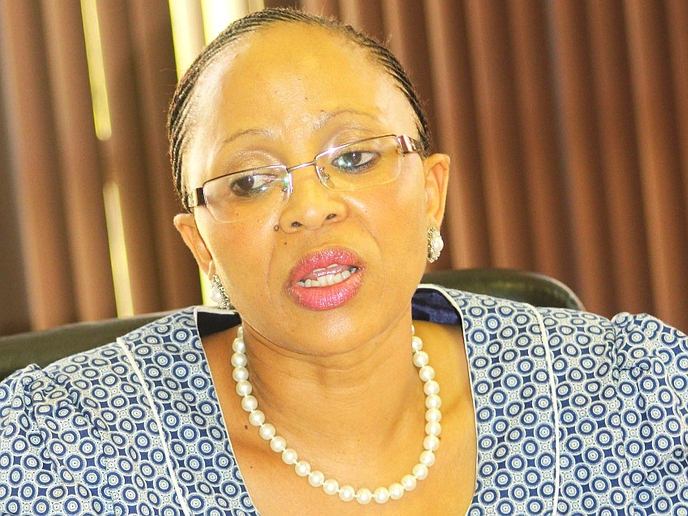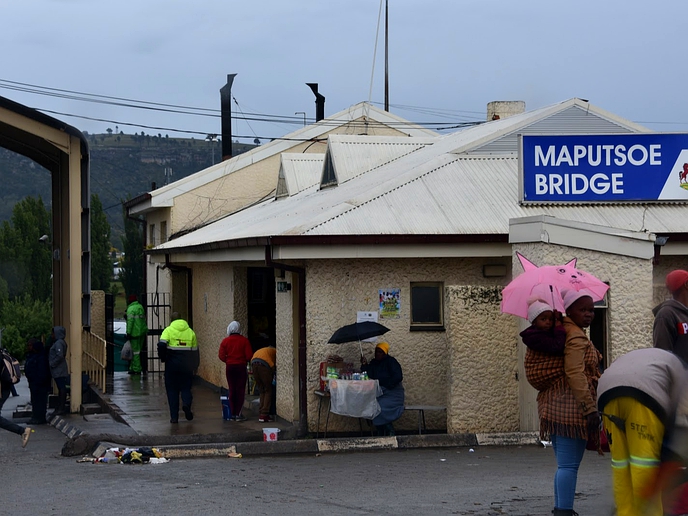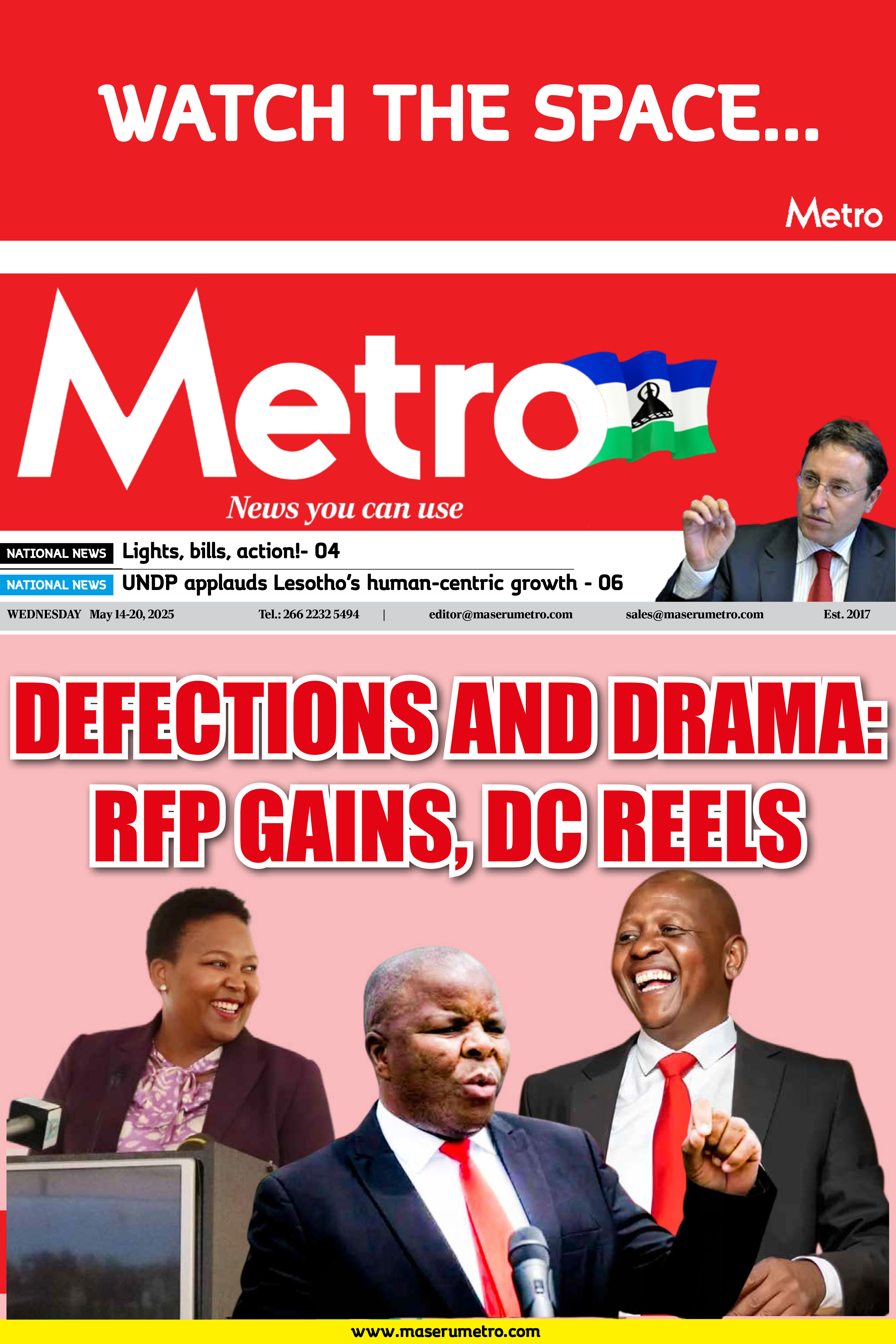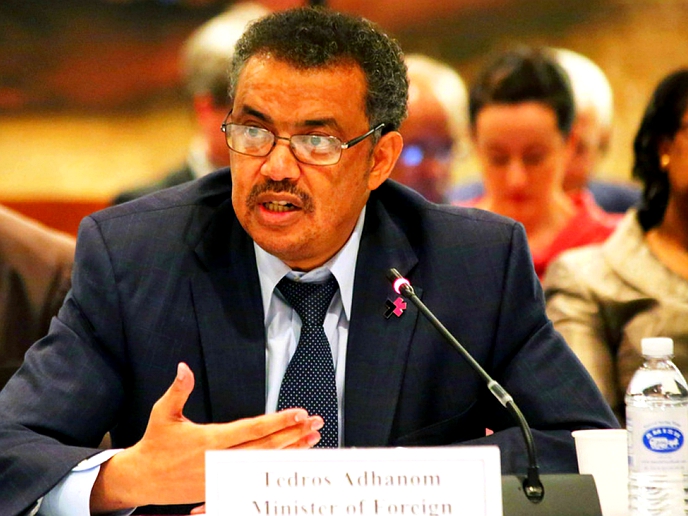ALL traders and individuals who are not registered with the South African Revenue Service (SARS) face complications when exporting goods from South Africa into Lesotho.
business
Dec. 18, 2020
NEO SENOKO
3 min read
SARS tighten rules, traders suffer
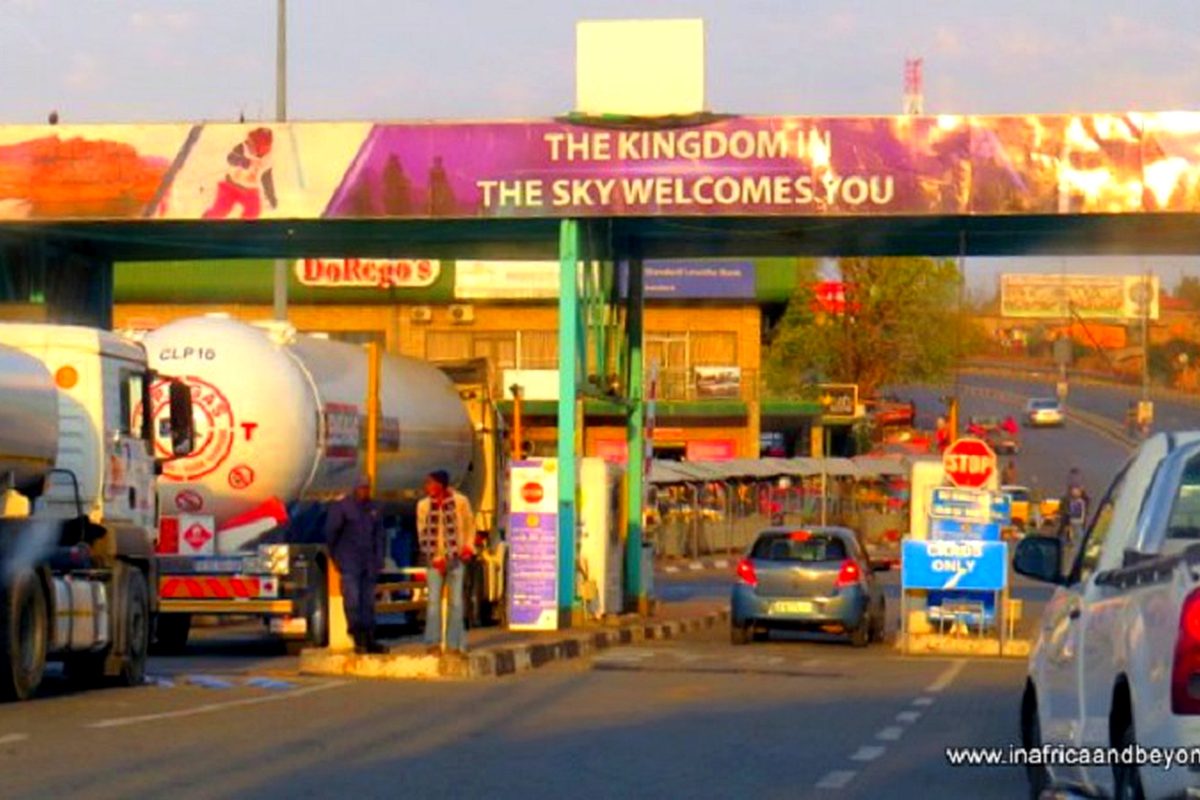
Traders are frustrated, saying the immediate implementation is a clear indication of how passive, helpless and useless the Lesotho Revenue Authority (LRA) is, in terms of representing Basotho interests.
Importers also face the same challenges amid an implementation of a regulation that requires them to register with SARS in order to access clearance services.
This is especially the case where such exports will be indirect and the tax will have been paid in South Africa.
In such instances, a valid tax invoice is no longer accepted by LRA as a form of payment for the Value Added Tax (VAT) due, because, it applies that an incorrect export procedure would have been used and therefore the VAT payment will become due and payable immediately at the Lesotho border, before goods could be imported into the country.
“It is therefore advisable for Lesotho importers who have not registered with SARS and do not have importer or exporter code to opt for direct export or import approach whereby the goods are delivered to the country of destination (Lesotho) by the seller and the VAT is paid directly to LRA by the importer upon importation,” LRA said in a statement.
SARS started with the implementation of this requirement from December 10.
In a concerted effort to overcome this challenge, LRA has engaged its counterpart, SARS, in trying to find acceptable and amicable solutions to problems faced by Lesotho importers as a result of this implementation.
Since 2017, SARS has been on gradual implementation of this requirement.
“The requirement involves importers and exporters having to register with SARS in order to access services within its clearance system. SARS indicates that is obliged by law to deal directly with only entities registered as taxpayers in South Africa. This means that only South African entities, duly registered as taxpayers may directly access the custom services,” LRA further showed.
According to SARS, all other foreign entities have to appoint these registered entities to represent them in accessing services including import and export, or they can apply to be registered as agents too.
Any South African individual or registered company may apply to become a registered exporter agent to act on behalf of a foreign principal, who in this case would be an importer or exporter from Lesotho.
In an interview with Metro on Wednesday, Ntsane Pheko, the Managing Director of Sky266, a company that provides transportation services for Basotho who trade across the border said the implementation has exposed LRA's weaknesses.
Enjoy our daily newsletter from today
Access exclusive newsletters, along with previews of new media releases.
"This is going to affect us a lot because procedures are suddenly going to change. It goes on to demonstrate how helpless and useless LRA is in terms of representing Basotho interests. This is shows that the revenue authority is not active at all," he said.
Mr Pheko said: "It seems to me they do not have a say or any objection to what South Africa says. It looks as if they are forced to align with anything they say, even if it does not make sense."
He said these are trade rules under the guidance of the Southern African Development Committee (SADC) and inside such deals, all members are equal.
“No single member is allowed to bully other members. The fact that they even tell us how to register with SARS is even more worrying and says a lot about their capabilities. How does a company that is registered in Lesotho be forced to register with a revenue authority in another country?" he asked.
Mr Pheko said assuming that this was the right thing to do, the implementation was just wrong because no consultations have been made.


